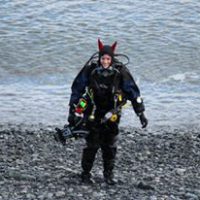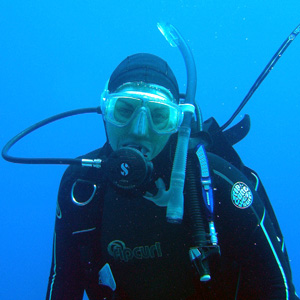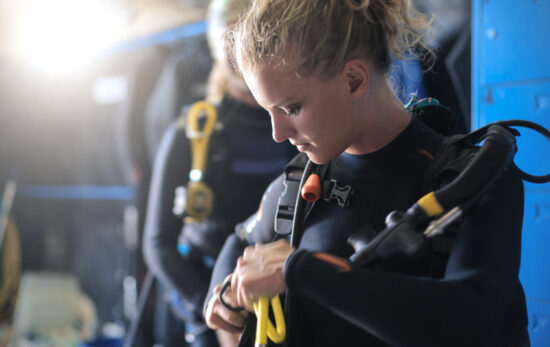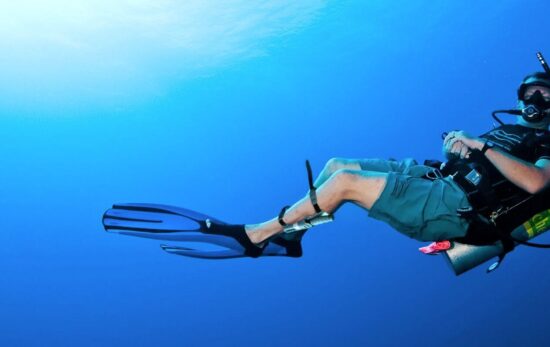Scuba divers rely heavily on the gear they use to keep them safe. Your dive gear is the reason you are able to breathe underwater, move efficiently underwater, and see clearly underwater. As a diver, it is very important to take proper care of your diving equipment to avoid any malfunctions or complications.
Before you decide to buy new equipment, read about the 9 things that could possibly be destroying your dive gear without you even knowing it and what you can do to avoid these damages from occurring.
1. The Sun
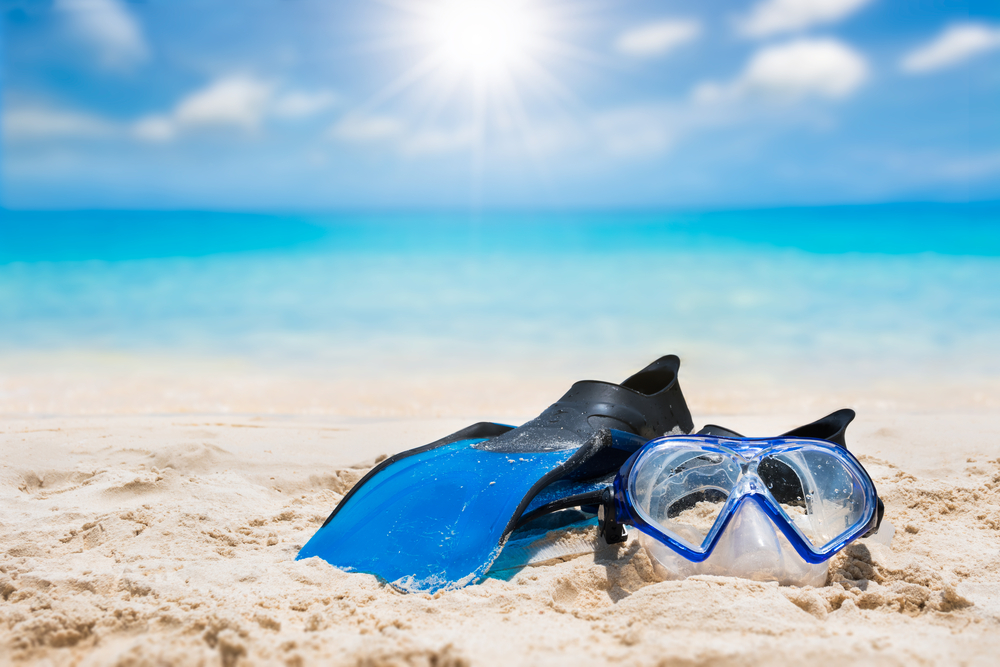
Even though you might need to dry your dive gear fast, never leave any of your equipment in direct sunlight. The UV rays from the sun will break down rubbers and fabrics. It can cause materials to fade, become brittle, and even crack completely. You should always dry your dive gear in the shade or indoors where it is ventilated. This will extend the life of your gear and will prevent you from having to purchase new dive gear.
2. The Sand
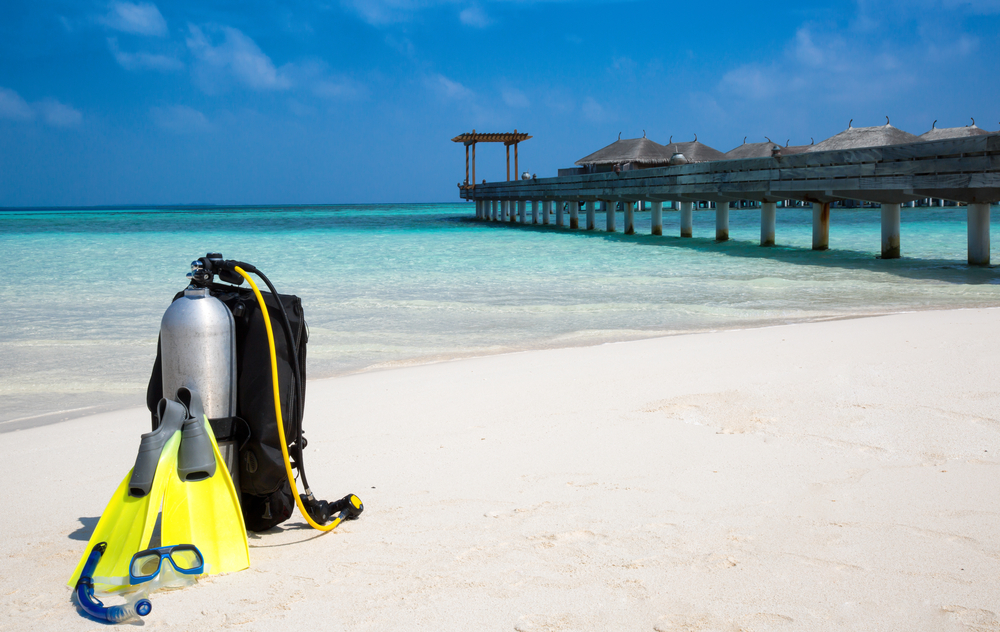
Sand is great until it gets on, or even in, your dive gear. Tiny sand particles can easily get lodged in tank valves, regulators, and in the LP inflator or dumps on your BCD. If it’s possible, avoid placing your dive gear on sandy surfaces and always rinse gear with fresh water after every dive.
Try using a soft bristle toothbrush to remove sand from hard-to-reach crevices. These tiny sand particles aren’t the only thing that can damage your dive gear. Even though the sand might be soft, you should always avoid throwing a cylinder into the sand. It is important to always protect your cylinder from rolling around or falling over. Doing this will minimize equipment damage, both internally and externally.
3. Saltwater
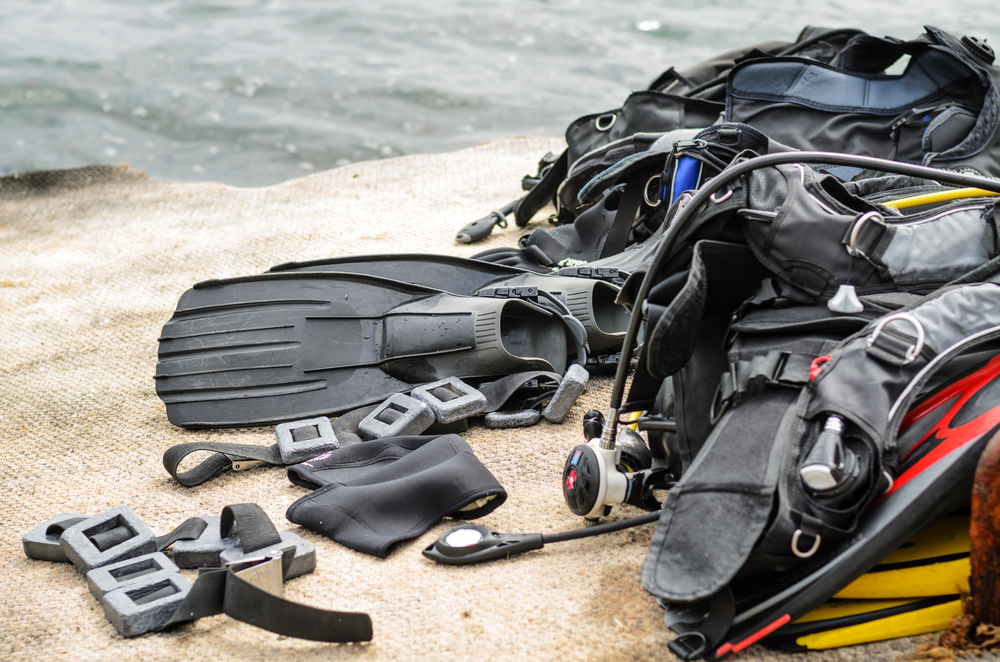
Even though divers spend much of their time in saltwater, it is important to consider the damage it can do to your dive gear. All metals and alloys have the potential for corrosion, especially if you spend a lot of time diving in the ocean. Make sure after each dive, you rinse all of your equipment thoroughly with fresh water. Preventing corrosion will extend the life of your gear and is much cheaper than repairing or replacing it.
4. Chemicals
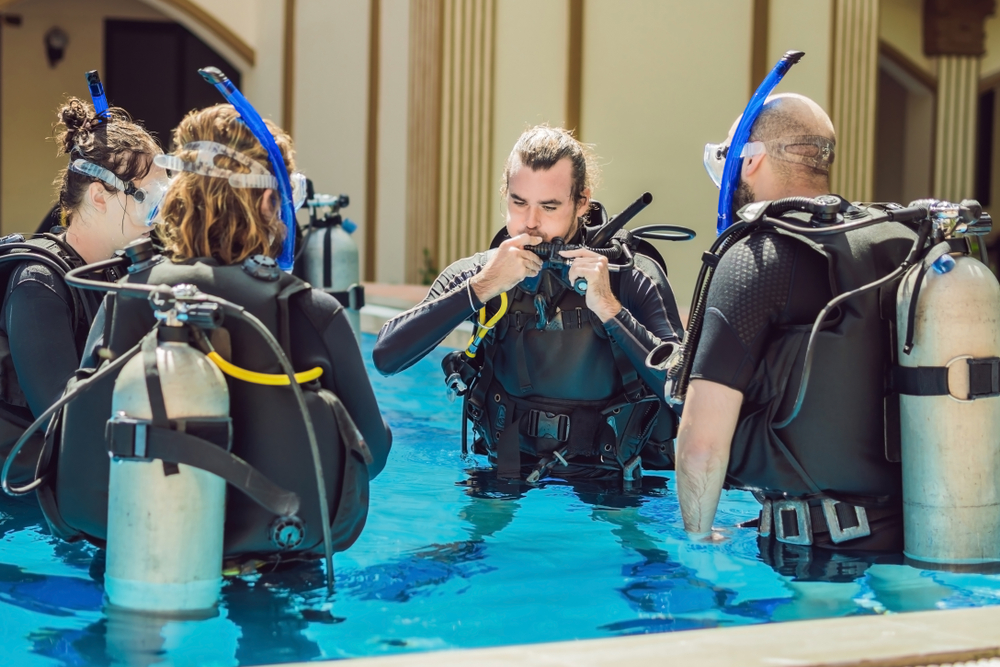
There are many chemical-based products that can permanently damage your dive gear. For example, chlorine from swimming pools accelerates the breakdown of materials and can fade the color of your scuba equipment. Limiting your time in the pool, and making sure to rinse thoroughly with fresh water after each pool dive will help ensure the longevity of your dive gear.
Petroleum jelly might seem harmless, but it can break down and destroy silicone and the rubber on O-rings. It is also important to keep your diving equipment away from alcohol-based products, gasoline, oil, and even some cleansers that you might wash your gear in. Be sure to check all of the labels and ingredients used before washing or soaking your dive gear in it. We recommend that divers should seek advice from an expert when it comes to exposing your equipment to chemical-based products. If you’re not careful, these products may shorten the life of, or even completely destroy, your diving equipment.
5. Poor Storage
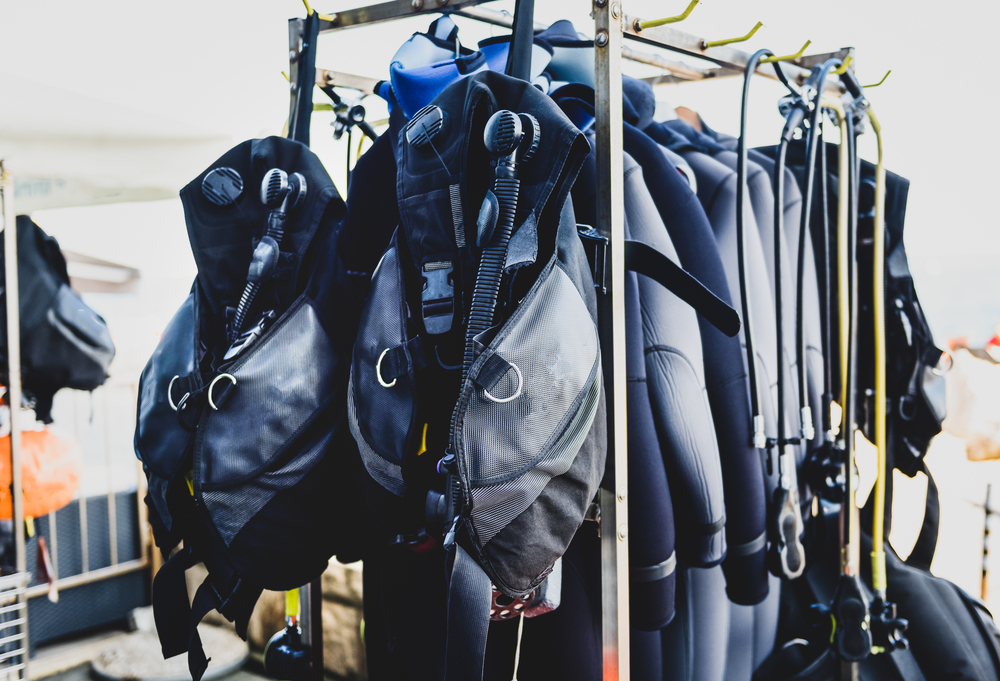
Scuba equipment has special storage requirements. For example, never pack away your gear until it is thoroughly dry. Otherwise there is a high chance that mildew and bacteria will grow, which will destroy your dive gear. It is also important to coil your regulator hoses so they don’t kink. You should avoid storing your fins against the wall or in areas that will cause them to bend. Over time, your fins will deform and the shape of them will become useless in the water. Instead, hang your fins up or lie them down evenly. If you take the time to store your gear properly, it will last longer.
6. Being Unaware
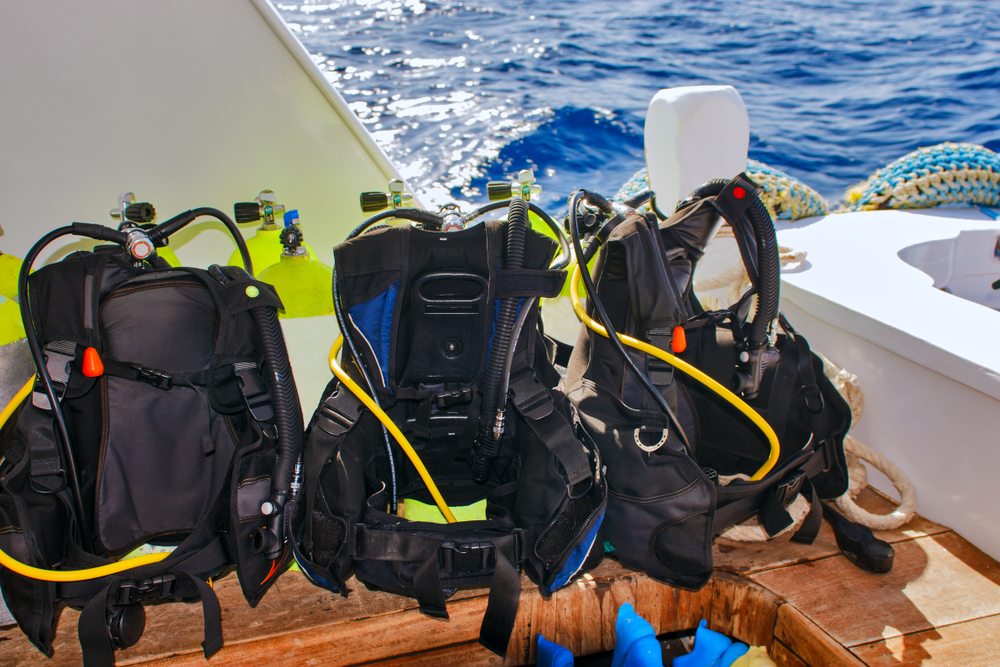
Diving involves a lot of energy and excitement. You do not want to become too distracted to the point where your equipment is at risk. Always pay attention to your dive gear and where it is located. As a diver, you should not leave your equipment unattended. Busy roads or the middle of the parking lot is no place for dive gear to be lying around. Keep it close to you and out of the way to avoid any damage.
If you are diving from a boat, you should always find ways to safely store and secure your gear appropriately. This is important because diving equipment can shift and move around during travel. It will also prevent other divers from accidently stepping on your gear.
7. Poor Buoyancy
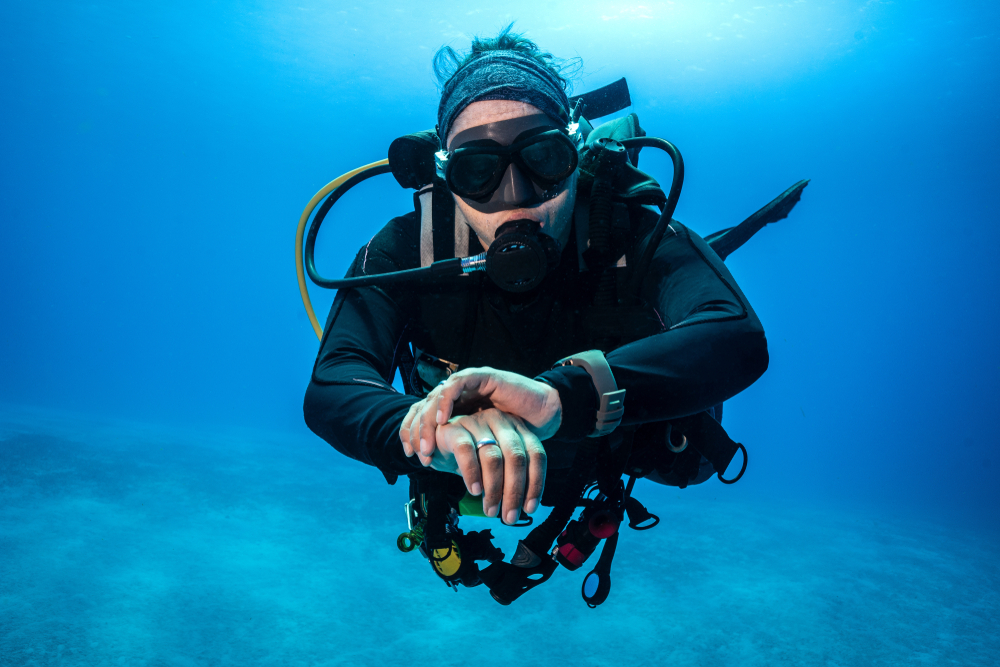
A diver with poor buoyancy and bad ‘trim’ is at risk of dragging their dive gear over rocks, coral reefs, and sand which leads to physical damage of equipment as well as the environment. Keep your gauges, octopus, and accessories secure and close to your body when you’re diving. If you are having a hard time with your buoyancy and would like to learn how to master this skill, take the PADI Peak Performance Buoyancy Specialty course.
8. Wetsuits In The Washing Machine
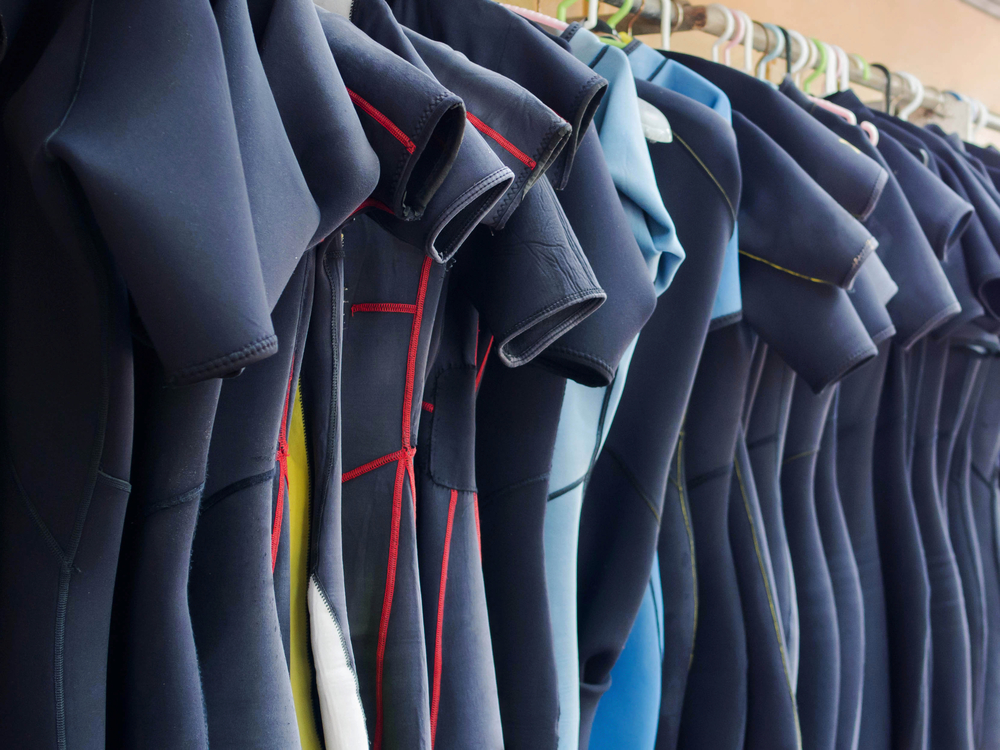
This one might sound like common sense, but you should NEVER wash a wetsuit in the washing machine. It is also important to never put a wetsuit in the dryer. Both of these can completely damage your wetsuit. Instead, always rinse your wetsuit with warm fresh water. If you need to really clean it, do so by hand with a gentle shampoo that is safe and free of harsh chemicals.
Once you are done washing your wetsuit, hang it up outside in the shade or inside where it is ventilated. Occasionally you’ll want to go check on your wetsuit to see if it is drying properly. If one side is dry, be sure to turn it inside out to allow the other side to dry completely.
9. Disassembling Gear Without Proper Training
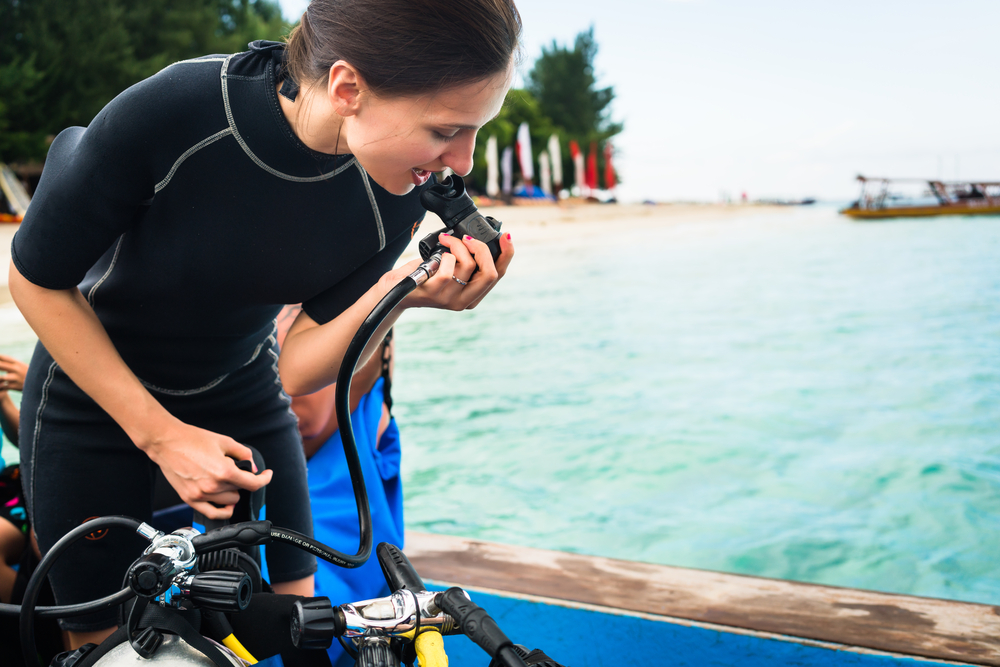
As a diver, your regulator is a very important piece of equipment that you want to make sure you take proper care of. If you notice that there is something internally wrong with your regulator, be sure to take it to a certified technician for proper maintenance. Do not attempt to take your regulator apart without proper training. This can cause damage to the regulator and potentially put you at risk.
If you’re interested in learning more about how your gear works and extending its life, check out the PADI Equipment Specialist course.
